In my previous article, 42% Of Legacy Automakers Still Don’t Offer An EV in the US, I shared some analysis of how many automakers currently in July 2020 and then by year end 2020 and 2021, will not have electric vehicles available in the US.
Below I provide some insights – either based on information shared publicly from the automakers or guesses – on the plans of the 14 legacy automakers that currently (July 2020) don’t have either a BEV or PHEV available for sale in the US:
Acura: The luxury division of Honda apparently has no EVs on the horizon for the US market. A best guess would be that in the next few years, Acura might launch a luxury version of the Honda Clarity PHEV which gets a respectable 41 miles of electric range, or perhaps a PHEV of the NXS sports car.
Alfa Romeo: The Italian luxury performance brand which only sold 18,300 units in the US in 2019, has only shared teaser information on the Tonale PHEV SUV concept which may go on sale in Europe in late 2020. With sales declining for the brand in the US from its recent high in 2018, we may never see an electric Alfa Romeo in the US and there is a decent chance the company pulls out of the US market if sales continue to decline.
Buick: Buick has the Velte PHEV in China, but nothing in the US. When I attended GM’s EV Day in Detroit back in March, I did get to see to Buick concept EVs that are likely “global” cars and could reach the US around 2024.
Cadillac: GM’s luxury brand will bring 3 BEVs to market beginning with Lyriq in 2022 and plans to be the first GM brand to go 100% electric. Back in March at GM’s EV Day I had a private conversation with then Cadillac president Steve Carlisle and he agreed with my assessment that as a more than 100-year-old brand, this was a once-in-a-lifetime opportunity to use electrification to reinvent the brand and reinvigorate both employees and buyers alike.
Dodge: It is unclear when Dodge, the FCA division known for muscle cars like the Challenger and Charger models, will offer either a PHEV or BEV. An article in Automotive News quoted an FCA executive, who said “I think the absolute future is electrification of these cars.” But no time horizon or indication of models and EV type was shared. While only a guess, it could be at least 2024 before we see either a PHEV or BEV in the US from Dodge. A likely candidate could be to create an insane electric version of the iconic Challenger muscle car.
Fiat: The Italian brand and the “F” in FCA had early success in the US with its fun, sporty and inexpensive 500e BEV. It was, however, only available in Oregon and California where it could often be leased for $200 or even less per month. Its short range of 84 miles eventually wasn’t competitive enough and sales plummeted to 615 units in 2019 from a high of 6,194 in 2015, according to InsideEVs. Fiat is launching a 2021 electric 500 in Europe with what would be an estimated 175 EPA miles or range, but it isn’t expected to be available in the US.
Genesis: The luxury brand from Hyundai Motor Group, has teased a few future electric concept cars including the Mint city car. The company also has the Essentia 2-door electric sports car concept, but it is not clear if either of these vehicles will be produced and available in the US in the next several years. With SUVs and crossovers dominating sales in the US, perhaps the most likely scenario is Genesis producing a BEV version of its GV80 fuel cell SUV concept.
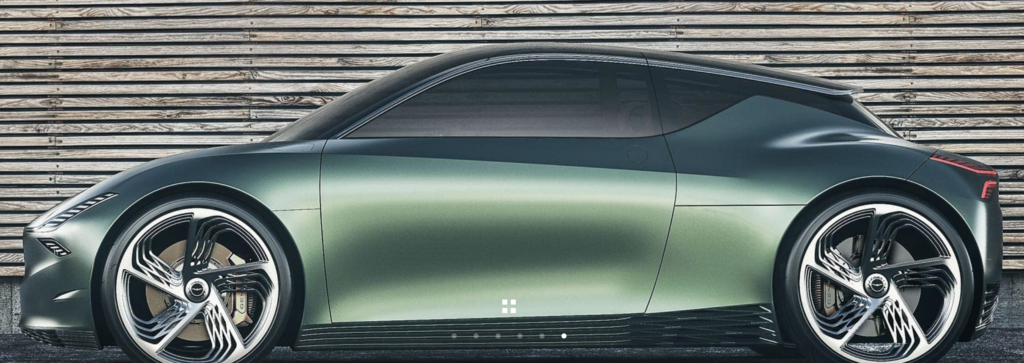
Genesis Mint city car concept EV
GMC: The truck-only brand from GM which leverages the Chevrolet truck platforms, will launch the first electric truck from GM with the Hummer by GMC in 2021. I had a chance to see the Hummer at GM’s EV Day and it will be a beast of a truck with up to 400 miles of range and 1,000 horsepower. Expect it to come with a significant price tag too. BEV trucks from Chevrolet and GMC may follow using the Hummer platform.
Infiniti: The luxury brand of Nissan, Infiniti apparently does not have an EV close to reaching dealers in the US. The QX Inspiration electric SUV is very much still in the concept phase. The Infiniti website shares this quote:
Electrifying the INFINITI range means rethinking the car from the ground up. The QX Inspiration is not just our first fully-electric concept car, it defines a new era of INFINITI design powered by outstanding performance and range confidence.
According to Car and Driver, starting in 2021, nearly all newly launched models will include either a hybrid or an EV variant, with Infiniti’s first electric vehicle launching the same year. And a story in InsideEVs via a report published on Automotive News (subscription required), confirmed plans for Infiniti to introduce one pure EV, as well as a “gas-powered EV,” apparently a performance-oriented PHEV. But again, no details on timing of either vehicle.
Jeep: While the exact timing is still unclear, expect Jeep to bring PHEV versions of the Renegade, Wrangler, and Compass SUVs to the US beginning potentially in late 2020, but most likely in 2021. Jeep Global President Christian Meunier is saying all the right things in media interviews and he seems to recognize the power advantages that PHEV and BEV versions of the company’s SUVs offers. A range of 31 miles for the PHEVs has been quoted, but I believe that is based on the European WLTP testing cycle which equates to about 27-28 miles of EPA range.
“Either you try to be compliant and do the bare minimum or you embrace it and go full speed on it,” said Meunier. “The latter is the way we should go, because we have the opportunity to make some really, really exciting products, and I think the company is convinced of that. You’ll see a lot of electrified products in the next few years. It’s not about having small cars to offset big cars; every car will have a role to play.”
Christian Meunier, Global President, Jeep – via Autocar
Lexus: The luxury brand of the Toyota Motor Corp., Lexus (and Toyota) are taking a wait and see attitude toward BEVs. Toyota has the Prius Prime and RAV4 Prime (available soon) PHEVs, but BEVs in the US appear to still be years away. Most all of the Lexus models are based on Toyota models, so unless Lexus creates a special standalone sports car, we probably won’t see a Lexus BEV in the US until after a Toyota BEV arrives first. perhaps the most likely first EV offering from Lexus would be a PHEV version of the NX, which is based on the RAV4.
That said, Lexus has announced availability of the UX 300e BEV which is scheduled to go on sale in the Chinese and European markets in 2020, and in Japan early in 2021. Notice no mention of the US or North America. In essence Toyota is saying they will only focus on markets that demand EVs because of emissions penalties. According to GreenCarReports, range of the UX 300e is estimated at 248 miles on the European NEDC testing cycle, which equates to about 175 miles of EPA range, which would likely bomb in the US.
To my eyes, the UX 300e is rather ho-hum looking and doesn’t live up to expectations for a Lexus. Regardless, it sounds like it may not be until late 2021 or early 2022 – if ever – when US consumers would have a chance to buy the UX 300e – or any other electric Lexus.
Mazda: Known for its prowess in engine design including the Wankel engine, Mazda appears to be going kicking and screaming into the EV era. The company does show a MX-30 BEV on its website as a future model, but lists its specifications for Europe, including a modest 35.5 kWh battery pack. At that battery pack size, the range would be about 125 miles, unacceptable for the US market. So the MX-30 is unlikely to reach US shores anytime soon.
In 2017, Toyota and Mazda announced an agreement to joint develop “electric vehicle technology.” We’ve heard little to nothing since this announcement and we wonder of Mazda will have access to the solid state battery technology that Toyota is working on and expects to reach market around 2025. Along with Subaru, the fellow Japanese second-tier automaker with less resources than the big 3 of Toyota, Honda and Nissan – look for Mazda to struggle in the transition to electric vehicles.
Ram: While the truck brand of FCA, Ram, formerly the Dodge Ram truck model brand, can potentially leverage some electric powertrains from its sister brand Jeep – it isn’t clear that anything is in the works. Of all of the above brands, buyers of Ram trucks are likely the most conservative of all and so an electric Ram pickup may be of little interest for several years – even with a half-dozen electric truck competitors coming to market in the next 3 or so years.
Volkswagen: Of all of the legacy automakers, Volkswagen is probably the most invested in the transition to electric vehicles. This shift is heavily driven by the impact of the Diesel Gate scandal which seemed to create a sense of urgency at the German automaker, that does not exist at many competitors. VW had the 125 mile electric e-Golf in the US, but in the North American market the BEV is now only available in Canada.
So until the ID.4 crossover reaches US dealers, hopefully in Q4 of 2020, VW is without an EV in the US. But after that, VW has promised the ID. BUZZ, updating the iconic VW “hippie bus”, which is slated to begin production for the EU market in 2022. This likely means 2023 at the earliest for the US.
Volkswagen Group (including brands such as Audi and Porsche) has raised its worldwide target for electric vehicle production across all its brands, with up to 1.5 million EVs expected to be built as early as 2025.
According to Ralf Brandstätter, Chief Operating Officer of the Volkswagen brand worldwide, “We’re going to invest 11 billion euros ($12.3 billion) in electromobility, more than any other automaker, with the aim of getting it out of its niche and making it affordable for all.” It is going to be interesting to see how VW’s BEV offerings fair in the US, but one advantage is they have the advertising and marketing muscle also behind its Electrify America charging network.

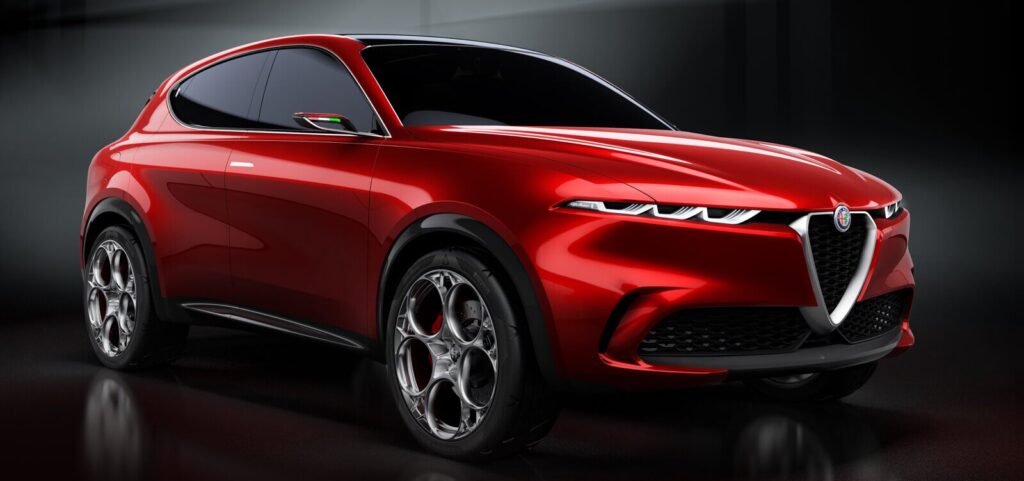
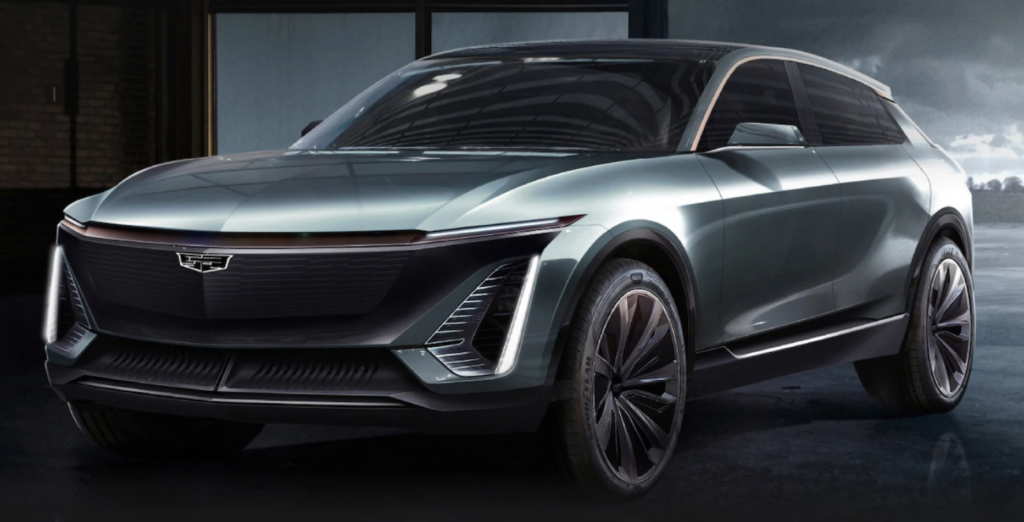

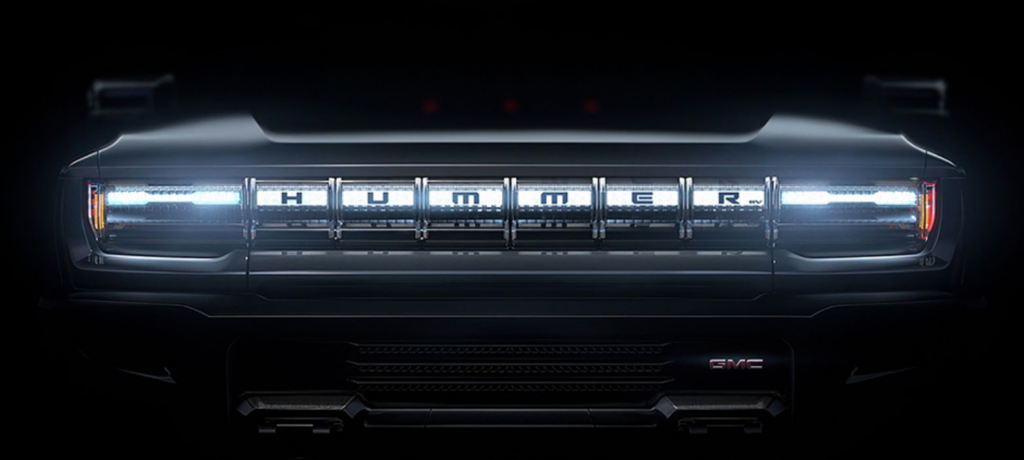
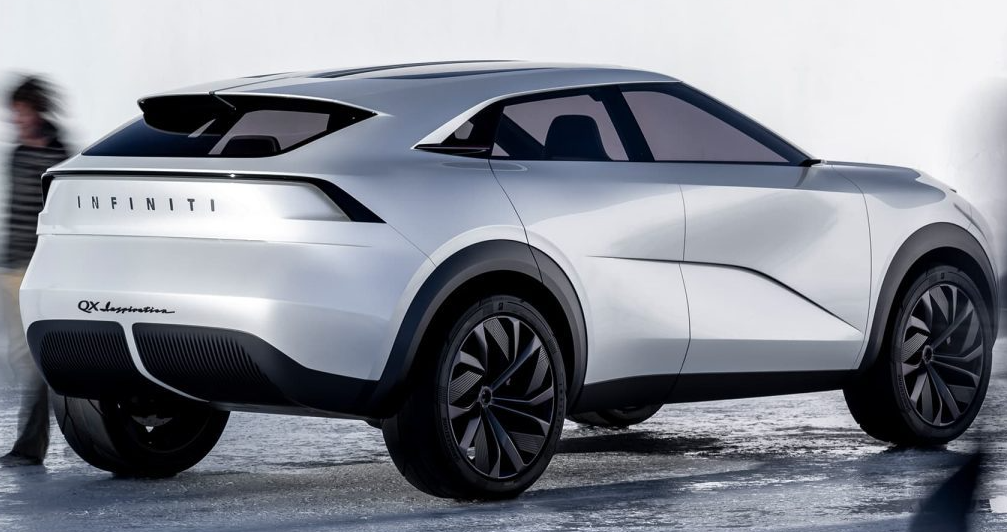
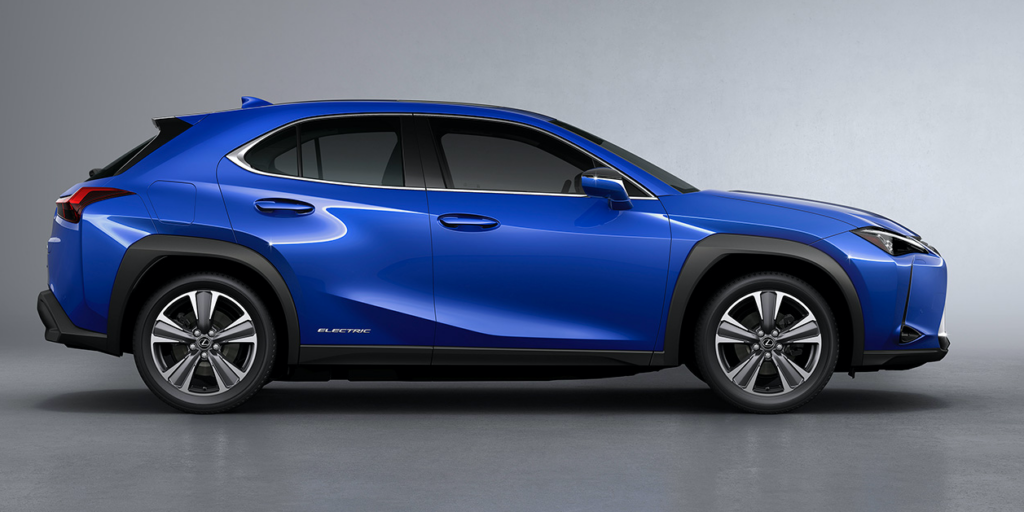
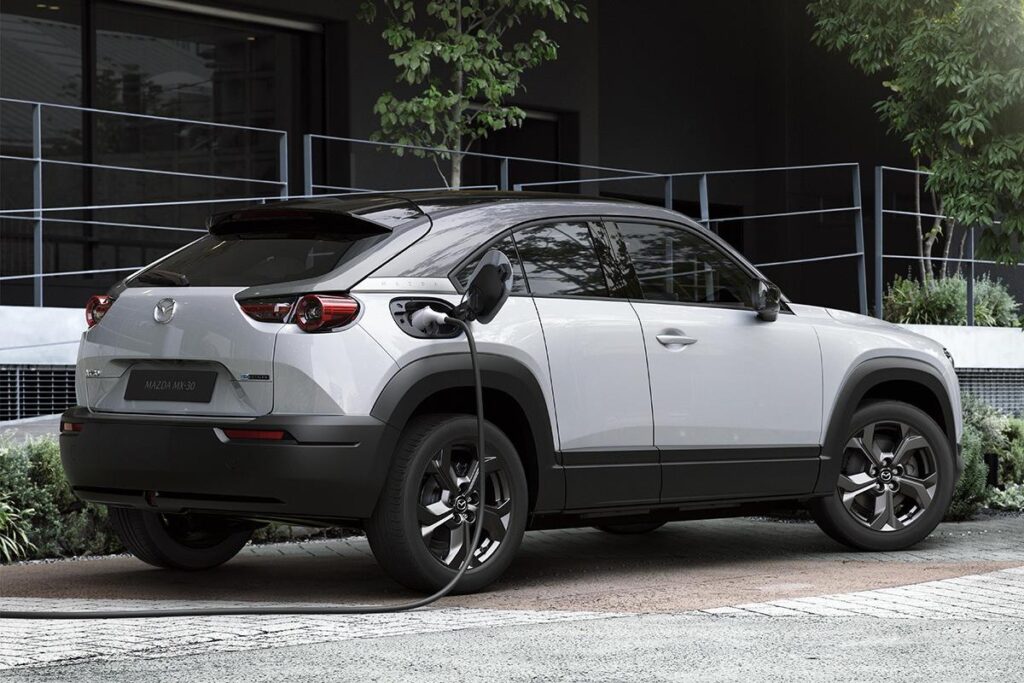
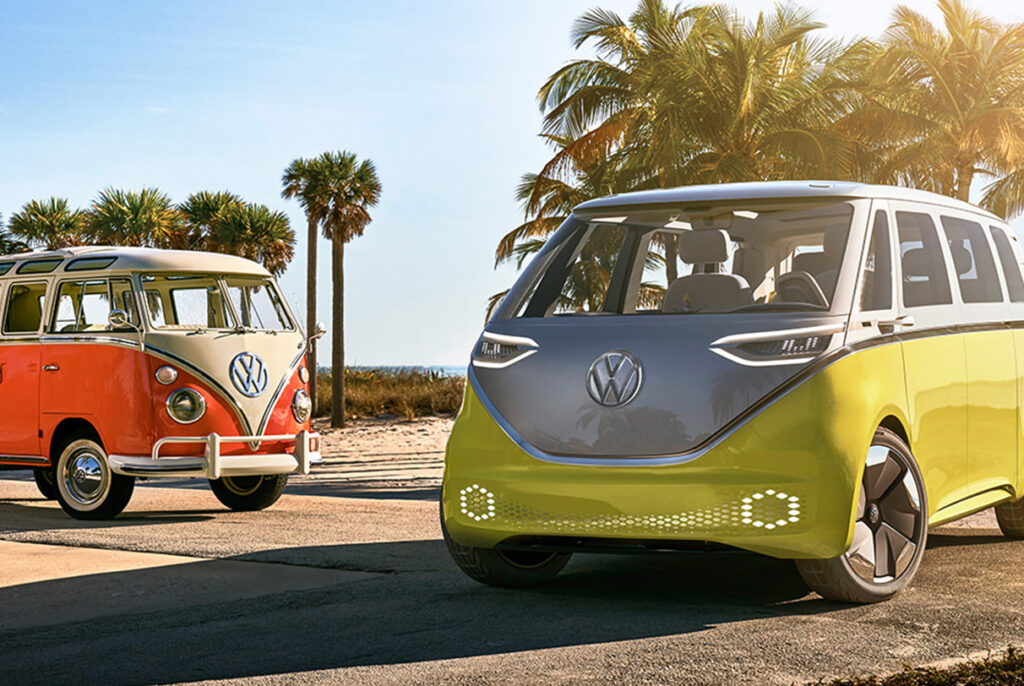

One Response